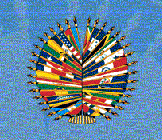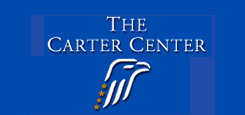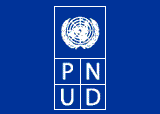The Washington Post
Venezuela Referendum Talks Resume
By Steven Ixer
Associated Press Writer
Monday, November 11, 2002; 10:21 PM
EL HATILLO, Venezuela –– Opposition leaders resumed negotiations
Monday with Venezuela's government to stem a political crisis while
state-run oil monopoly executives staged an anti-government protest.
Opposition leaders said they may call an indefinite strike if
President Hugo Chavez refuses to accept an early referendum on his
presidency. Chavez says that according to the constitution, a binding
referendum can be called only halfway into his six-year term, or next
August.
Opposition leaders say the country can't wait. They want a nonbinding
referendum, hoping to embarrass Chavez into resigning.
"If all the roads for the opposition are cut off they can't ask for
the impossible. We'd be forced to call a strike," said Timoteo
Zambrano, a representative of the Democratic Coordinator, a coalition
of groups pushing for Chavez' ouster at the ballot box.
The National Elections Council named a new president Monday and said
it could decide whether to organize a nonbinding referendum by Friday.
Vice President Jose Vicente Rangel, one of six government
representatives at the talks, played down the threat of a strike.
Rangel, one of Chavez' closest allies, called the early referendum
proposed by the opposition "unconstitutional."
Cesar Gaviria, secretary-general of the Organization of American
States, who is mediating the talks between political rivals, warned
against any actions that could break off talks.
Meanwhile, executives at the state-run oil monopoly Petroleos de
Venezuela S.A. protested what they said was Chavez' alleged "politicization"
of the company.
During their lunch break, hundreds of executives stepped out of their
offices to bang pots and pans in protest.
Members of Chavez' ruling party met Saturday evening at the company's
headquarters in Caracas and used video conference facilities. The
monopoly said the use of company facilities for political ends is not
permitted.
In mid-April, the company's management staged an indefinite strike
after Chavez fired members of the company's executive board. The
nation's leading trade union and business chamber joined the work
stoppage, which spurred a coup and Chavez' ouster on April 12. He was
restored two days later.
Venezuela is the world's fifth-largest oil exporter and a major
supplier to the United States.
© 2002 The Associated Press
http://www.washingtonpost.com/wp-dyn/articles/A41073-2002Nov11.html


